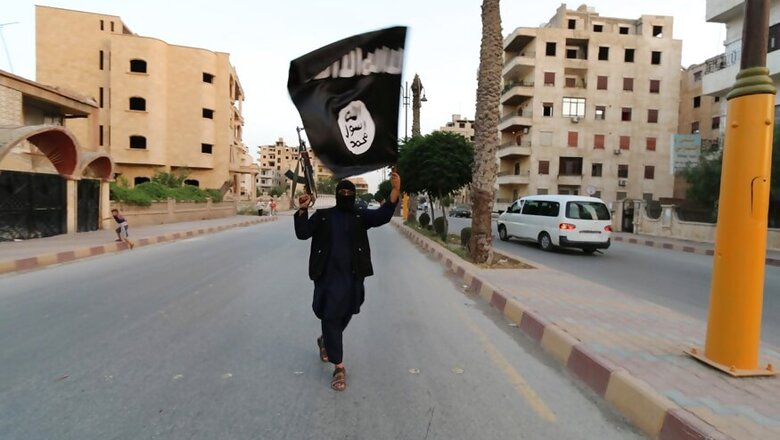
views
United Nations: The Islamic State group is moving into a new phase of warfare that is likely to lead to more attacks on international civilian targets, according to a new report by UN Secretary-General Ban Ki-moon.
In the last six months, IS has been linked to attacks in 11 countries that have killed over 500 people, in Bangladesh, Belgium, Egypt, France, Germany, Indonesia, Lebanon, Pakistan, Russia, Turkey and the United States.
"Recent international attacks perpetrated by members of ISIL demonstrate that the terrorist group is now moving into a new phase, with the increased risk that well-prepared and centrally directed attacks on international civilian targets may become a more frequent occurrence," said the report.
UN member-states are reporting a marked increase in the number of foreign fighters returning from Syria and Iraq where IS has suffered military setbacks, Ban said in the report to the Security Council.
The Paris and Brussels assaults demonstrate the jihadist group's "ability to mount complex, multi-wave attacks" that were coordinated by foreign fighters returning from Syria, with some direction from IS leaders.
These leaders are seeking to "elevate the role" of IS affiliates, suggesting a broader theater for its military campaign. Several hundred foreign fighters have "relocated back to Libya" while other returnees are seeking to establish new affiliates as part of the IS strategy to expand its global footprint, said the report.
The presence of Malaysian and Indonesian fighters in Syria and Iraq has raised concerns that Southeast Asia is at risk of attacks, the report said. Ban sent the report to the council yesterday in line with a UN resolution adopted in December that takes aim at the financing networks of IS and Al-Qaeda.
For the first time since it proclaimed its caliphate in June 2014, IS has come under financial pressure following a sharp drop in oil production in territory it controls among other measures, the report said.
A recent 50-per cent-cut in salaries paid to IS fighters in Raqqa was seen as a sign that finances were becoming tighter.



















Comments
0 comment